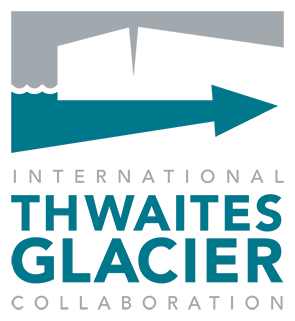A joint UK-US research programme launched today (Monday 30 April) is one of the most detailed and extensive examinations of a massive Antarctic glacier ever undertaken.
The collapse of the Thwaites Glacier in West Antarctica could significantly affect global sea levels. It already drains an area roughly the size of Britain or the US state of Florida, accounting for around four per cent of global sea-level rise —an amount that has doubled since the mid-1990s.
A team of UK and U.S. polar scientists are about to embark on one of the largest joint Antarctic missions for more than 70 years. It’s the first field season of a five-year quest to understand the contribution that the Thwaites Glacier in West Antarctica will make to global sea level.






